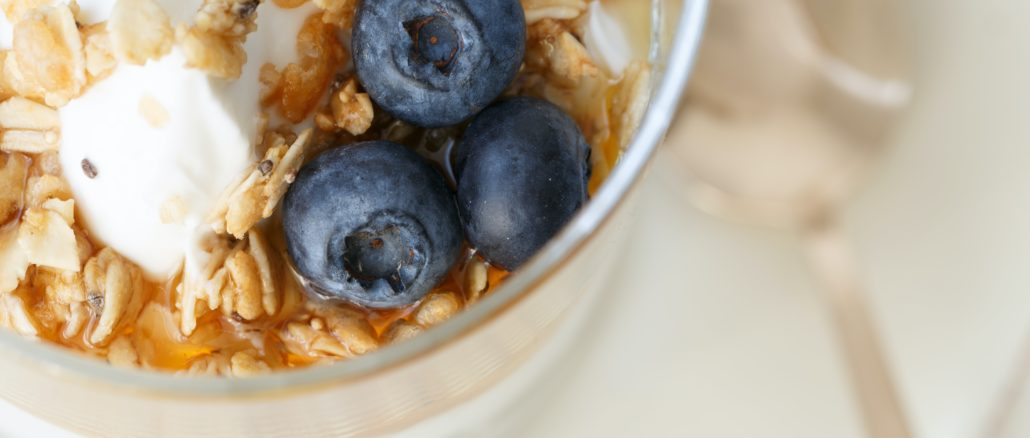
By Kate Save, CEO and Founder of Be Fit Food
Our brain is the most complex, powerful organ in our bodies – responsible for not only everything we think, say, and do, but also for our moods, emotions and overall mental health. It’s our most hardworking organ, which means it needs a constant source of nutrients to perform at its best.
In the same way we wouldn’t expect an expensive car to run on poor-quality fuel, we can’t expect our brains to thrive on a poor diet. Research has shown that consuming a wholefood diet full of plant-based foods such as vegetables and fruits, grains, legumes and healthy fats, is beneficial for brain health, and in turn, mental wellbeing.
Unsurprisingly, the reverse is also true – where highly processed foods, foods high in sugar, carbohydrates and salt can be detrimental to our mental health. Whilst these types of foods can make us feel better in the short-term, this type of diet has a negative impact on our mental wellbeing in the long term.
In fact, recent studies suggest that a diet consisting largely of junk food may shrink the hippocampus, an area of our brain which regulates our mood. A poor diet can also activate an inflammatory response in the body, which can impact our immune system and lead to other chronic health conditions such as insulin resistance and even Type 2 Diabetes.
On a positive note, researchers studying the link between diet and depression showed that those who improved their diet by limiting processed foods and incorporating more fruit, vegetables, wholegrains and nuts saw greater improvements in their depression symptoms compared to therapy alone.
To nurture your brain health, boost your mood, and promote positive mental wellbeing, here are some foods that you would do well to incorporate into your diet:
1. Probiotics, such as yoghurt, kefir, and kombucha.
These are fermented foods, also known as “functional foods’’, which means they have additional health benefits beyond supplying basic nutrition. Fermented foods also contain neurotransmitters such as gamma-aminobutyric acid that are essential for good mental health.
2. Plant-based foods with pre-biotic benefits, such as garlic, leeks, and any colourful, high-fibre vegetables and fruits.
Prebiotics are food for probiotic bacteria and stimulate the growth of beneficial bacteria in the gut.
3. Polyphenols, found in turmeric, cloves, star anise, oranges, berries, flaxseeds, hazelnuts, and black olives.
These are a group of micronutrients with a range of health properties which can influence the gut microbiome. Other good sources also include cocoa products such as no-added-sugar dark chocolate – diets high in these have been associated with lower risk of depression and also reduction in cognitive decline.
Practical ways to include these foods daily:
- Add some blueberries, cinnamon and Greek yoghurt to your breakfast for a polyphenol hit with some pro-biotics too.
- Swap the 3pm chocolate fix for some chopped raw carrot, celery and cherry tomatoes with hummus dip made from high-fibre chickpeas for a source of pre-biotics.
- In your Bolognese sauce, add 4-6 different grated vegetables and replace ½ of the meat with finely chopped mushrooms and add a tin of lentils and red kidney beans for a protein and dietary fibre boost. Limiting red meat intake to 3-4 small serves of 65-100g per week may also be beneficial for depression and anxiety.
- Add turmeric to your roast veggies to add a bit of spice and colour. You can also add a dash of turmeric to your scrambled eggs or omelette in the morning to make it flavourful and healthy.
- Add 4 bean mix in a leafy green salad with some lemon, olive oil and turmeric dressing. This is a great way to boost fibre and polyphenols whilst aiming for minimum of 30g of dietary fibre per day to enhance our gut microbiome and regular polyphenols to reduce inflammatory reactions within the body.

SheSociety is a site for the women of Australia to share our stories, our experiences, shared learnings and opportunities to connect.

Leave a Reply